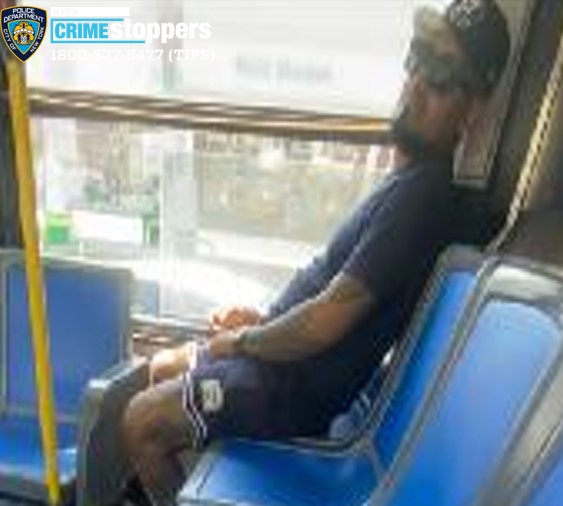
Stel-la-aahhh! Roberta Bayley brought her new pug, Stella, with her to a panel discussion — “Why did the punk movement need to happen in NYC?” — she participated in last Thursday at HOWL! Happening gallery on E. First St. The panel was part of PUNK magazine’s 40th anniversary two-week-long blowout. Villager readers well know the terrifying story of how the famous punk-rock photographer’s pug Sidney died this past summer after being attacked by Jax, an insanely aggressive pit bull, whose owner, a homeless crusty traveler named Natas (“Satan” spelled backwards), was lying zonked out on a couch by 2 Bros. Pizza in front of Bayley’s St. Mark’s Place building. A few weeks later, Natas died of “acute intoxication” — a mix of alcohol, smack and downers — in Tompkins Square Park. “She’s from Wisconsin,” Bayley said of Stella.
Whoahhh! Not so fast! Village District Leader Arthur Schwartz tells us that the Transport Workes Union, for which he is general counsel, has asked him to team up with veteran environmental lawyer Al Butzel to sue the city over Mayor Bill de Blasio’s plan to house the carriage horses in Central Park. Butzel is best known as the lawyer who killed Westway — the megaproject that would have landfilled the Hudson River along the Lower West Side with 700 new acres, to allow a highway tunnel and massive new development along the waterfront. Westway was defeated in 1985 and eventually replaced by the Hudson River Park and Route 9A (a reconstructed West St.), officially now known as Joe DiMaggio Highway. Getting back to the current issue, however, according to Schwartz, unlike riding a Citi Bike, for example, riding in a horse carriage involves no recreation — at least not for humans — and is therefore not a “park use.” As a result, under the public trust doctrine, the state Legislature would first have to vote to “alienate” the existing park building that de Blasio wants to renovate to house the horses. “If they were building a stable for people who ride horses, the public trust doctrine would not bar the stable,” Schwartz noted. “It’s not against horses in the park. It’s about building stables in the park to house a commercial venture — which state law prohibits without an act of the state Legislature — plus a space to park the carriages, at a cost of more than $25 million. Look at it this way: What if the city built a car-rental facility in the park, and leased it to Hertz, on condition that the rented cars would have to stay in Central Park? That wouldn’t make the car rental a park use.” The reason the transit union cares about all this is not because the horse carriages are cutting into bus and subway ridership. “T.W.U. is getting involved,” Schwartz said, “because it has unionized the pedicab drivers, who will be banned from working below 86th St. in the park under the mayor’s plan.” On a personal level, the Village activist attorney said, “Al is a purist about parks, as am I: Don’t add park-unrelated, commercial uses.” If the City Council on Friday approves the measure to reduce the number of carriage horses and confine them to Central Park, Butzel and Schwartz will definitely sue. The mayor’s administration, though, is countering that horse carriages, like bike-share, help people enjoy parks, and so are an appropriate park use.




























